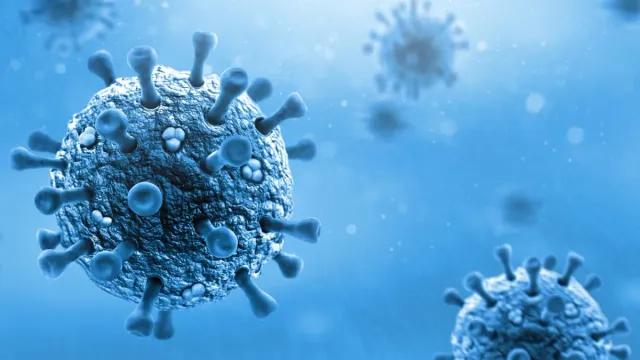- By Abhishek Sheoran
- Mon, 06 Jan 2025 10:03 AM (IST)
- Source:JND
In a big concern, India has reported two cases of Human Metapneumovirus (HMPV) in Bengaluru. An eight-month-old child has tested positive for the virus, raising alarm amid surging cases in China. The child is undergoing treatment at a private hospital in the city. Another case, a 3-month-old baby, has also emerged in Bengaluru. However, the patient has been discharged after treatment. As per the details, both the children do not have any travel history.
The development has been confirmed by the Indian Council of Medical Research (ICMR) through routine surveillance.

